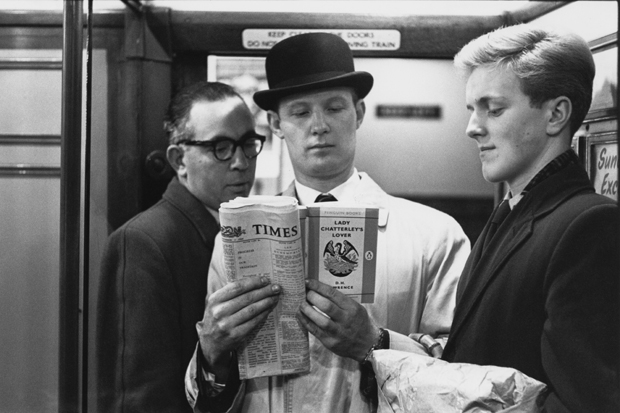Everyone knows somebody who belongs to a book club. From informal gatherings of bookish friends in living rooms and cafés to ticketed events organised by newspapers, publishers and hubs like the Southbank Centre, and including rather more off-piste groups such as my own walking book club on Hampstead Heath, book clubs have become an integral part of our cultural landscape.
At first glance it’s somewhat puzzling as to why they’ve become such a phenomenon. Surely it is surprising that readers, whom one assumes to be on the more introverted side of the spectrum — content to retire with a book of an evening rather than paint the town red — can be such keen talkers?
The act of reading is by necessity anti-social. It demands concentration, a zoning out of the wider world in order to take in the words on the page. This silent focus fosters an intense bond between reader and writer; hence the power of a good book. We’ve all experienced this: both its physical effects — a sharp intake of breath, unbidden tears, involuntary snorts and chuckles — and the bruise of its emotional punch. Sometimes a book is too powerful to be contained in the intimate bond between reader and writer. Julian Barnes wrote in the Guardian about his experience of reading John Williams’s Stoner: the ‘joyful internal word-of-mouth that sends a reader hurrying from one page to the next… in turn leads to external word-of-mouth, the pressing of the book on friends, the ordering and sending of copies.’ To this I would add: the overwhelming desire to talk about the book to someone else who’s read it.
‘Man is a social animal,’ Aristotle pointed out. We instinctively like to share our experiences, and those undergone while reading a good book are no exception. Of course everyone in a book club has to have read the book, providing a vital common ground. It means that rather than enduring grim monologues, such as when a friend tells you about the bliss of her holiday when you’ve been stuck in the office for months, everyone can participate in an engaging exchange of ideas. Moreover, this commonality enables conversations between people who might otherwise be quite different, struggling to find much to say to one other past the dreaded ‘So what do you do?’
So friendships bloom, and with this pleasure in words spoken comes a greater appreciation of words written. Here is a chance to discover a variety of opinions about a book, and an opportunity to develop our own ideas; book clubs encourage readers to give a book at least a fraction of the time and thought it deserves.
Sometimes I think of literature as a mighty castle — glorious to those who know and love it, but horribly intimidating to those who can’t penetrate its defences. The portcullis falls ever lower as the welcoming ways in of bookshops and libraries dwindle. Book clubs extend a much-needed welcome to those who loiter outside, propping open the gate with every suggestion of a book to read, each opportunity for friendly discussion. They stop the castle from falling out of use, into nothing more than a crumbling, albeit beautiful, ruin.






Comments